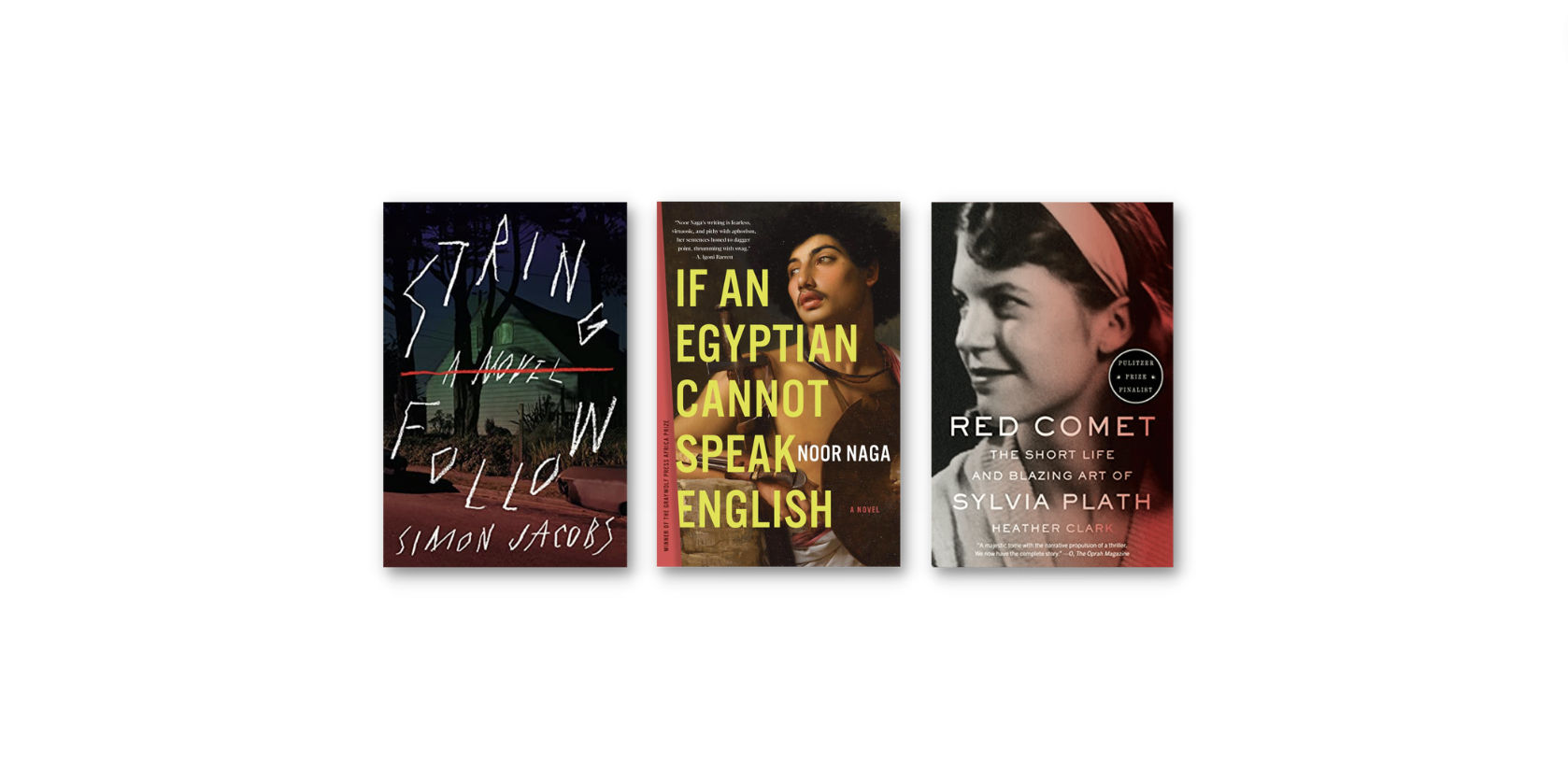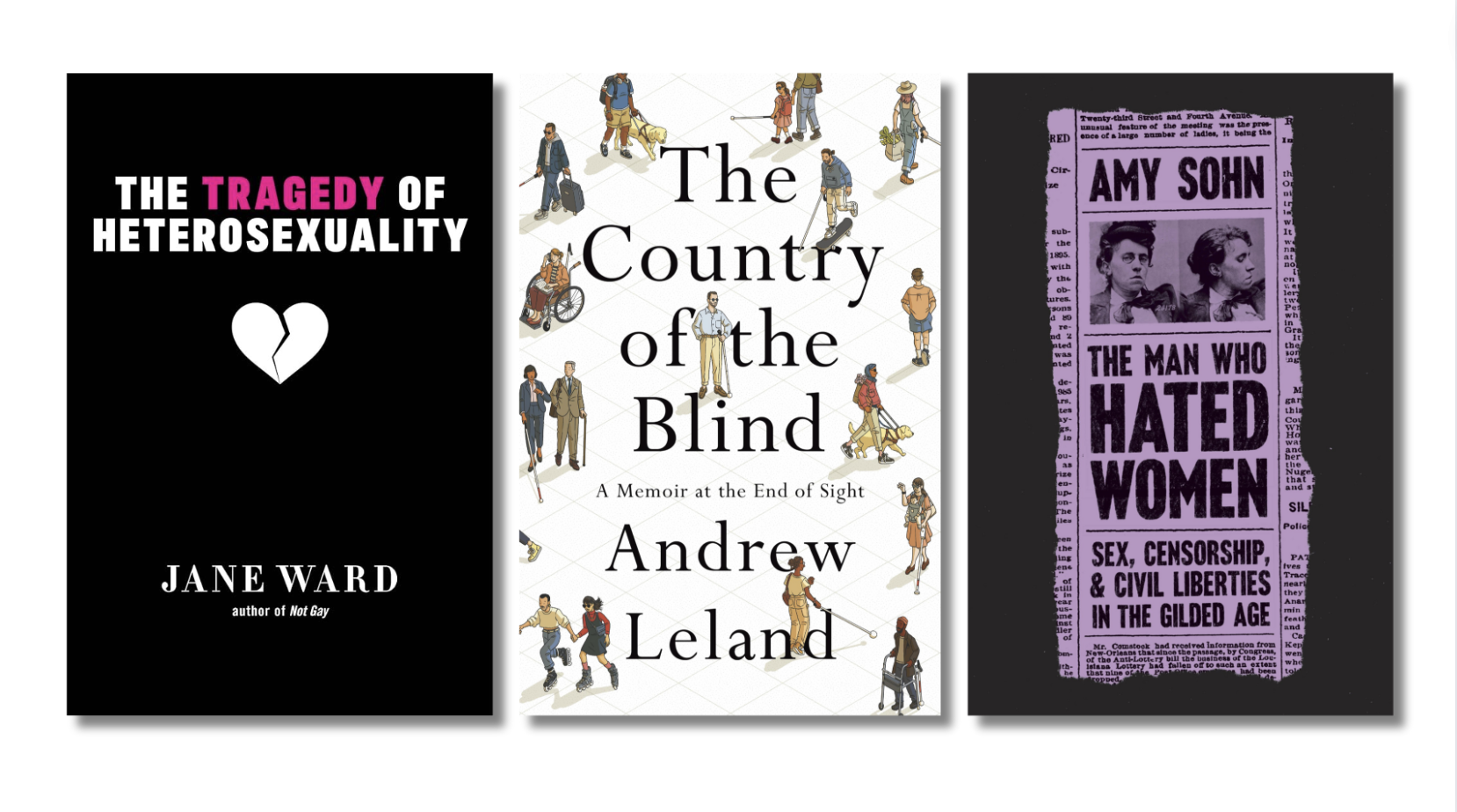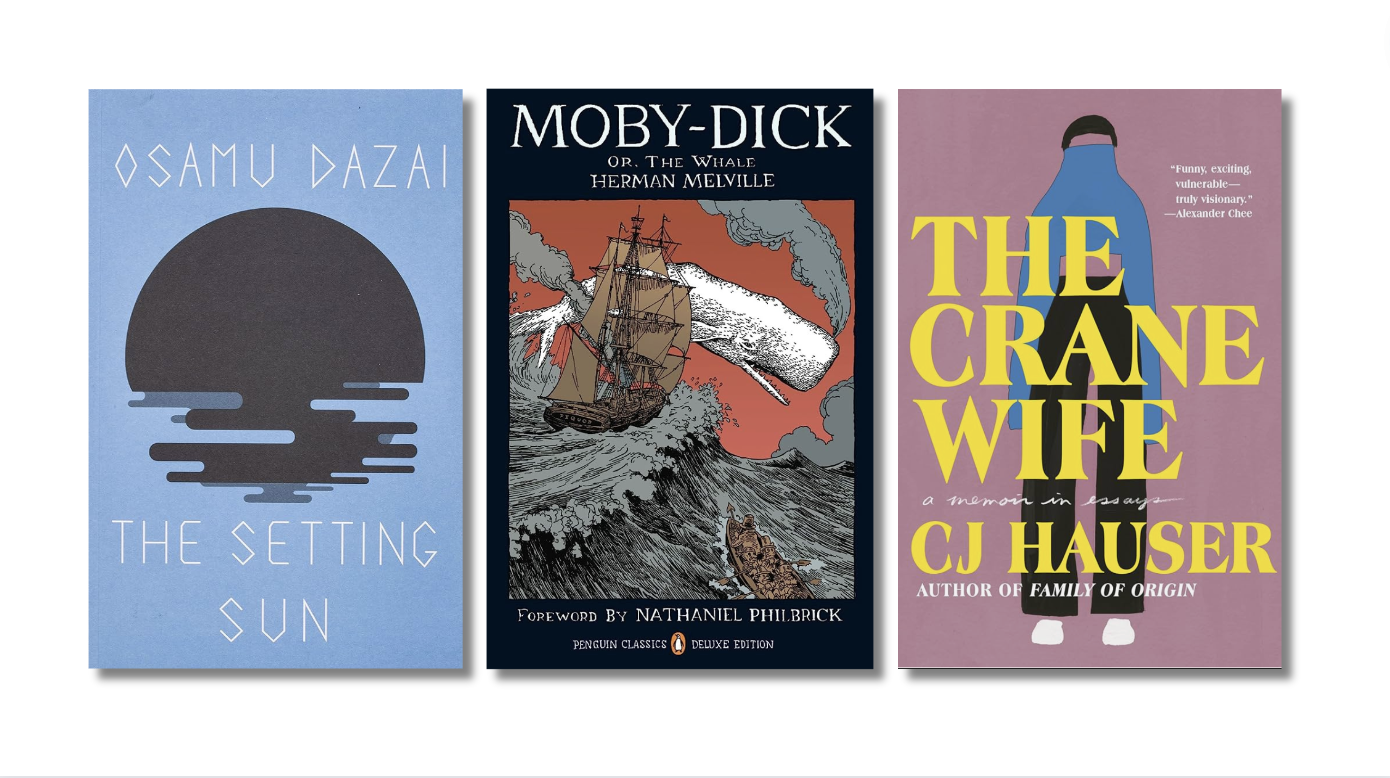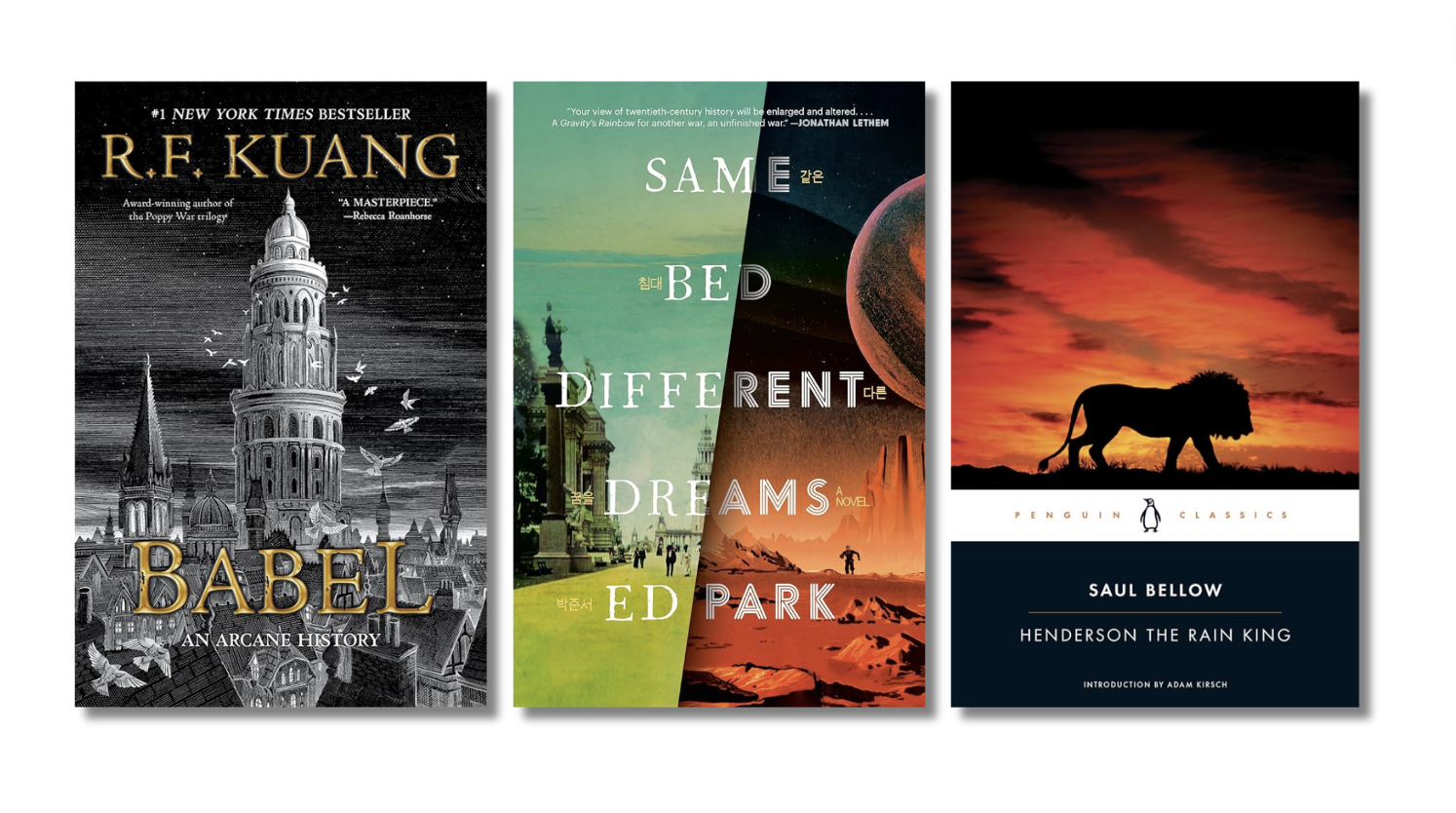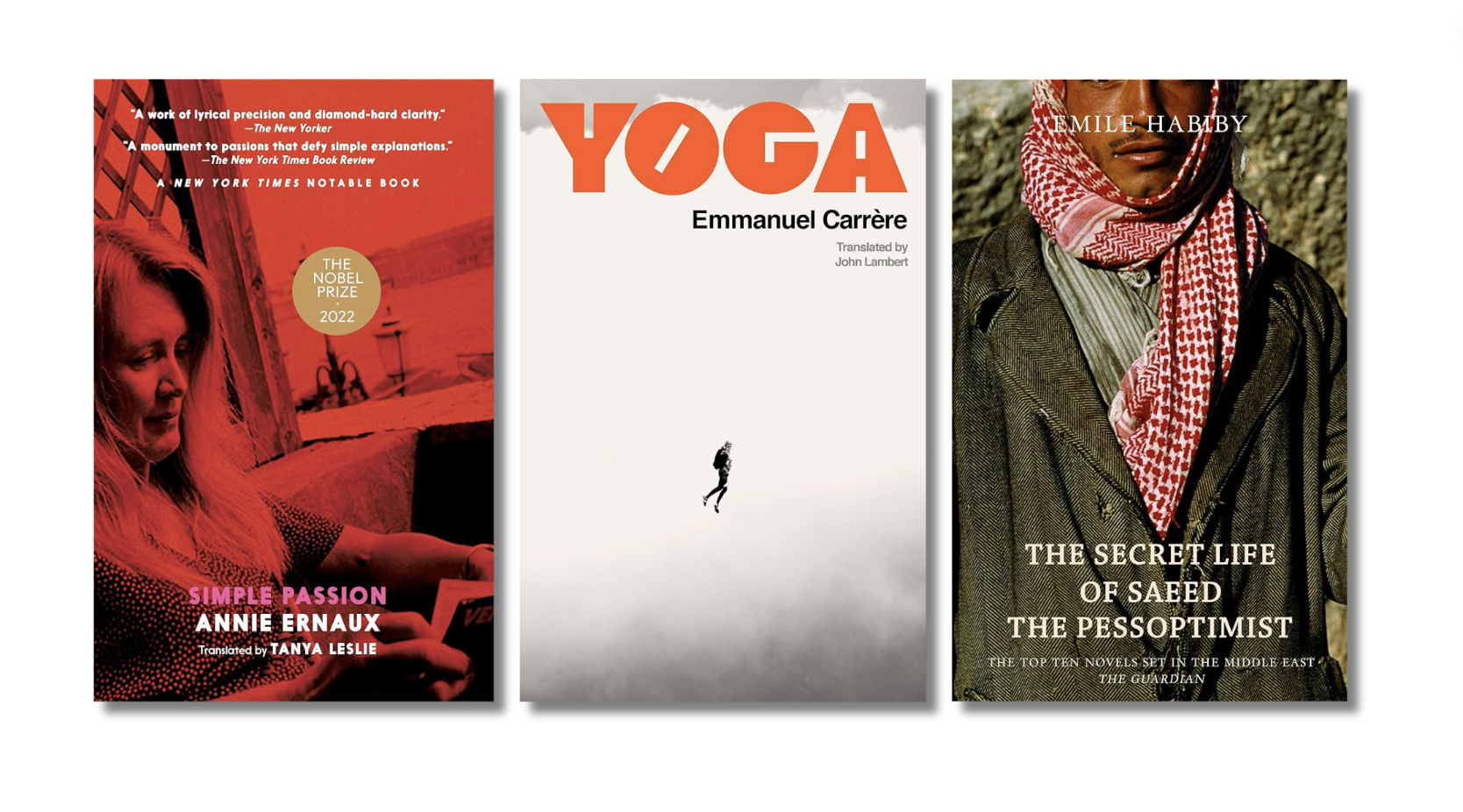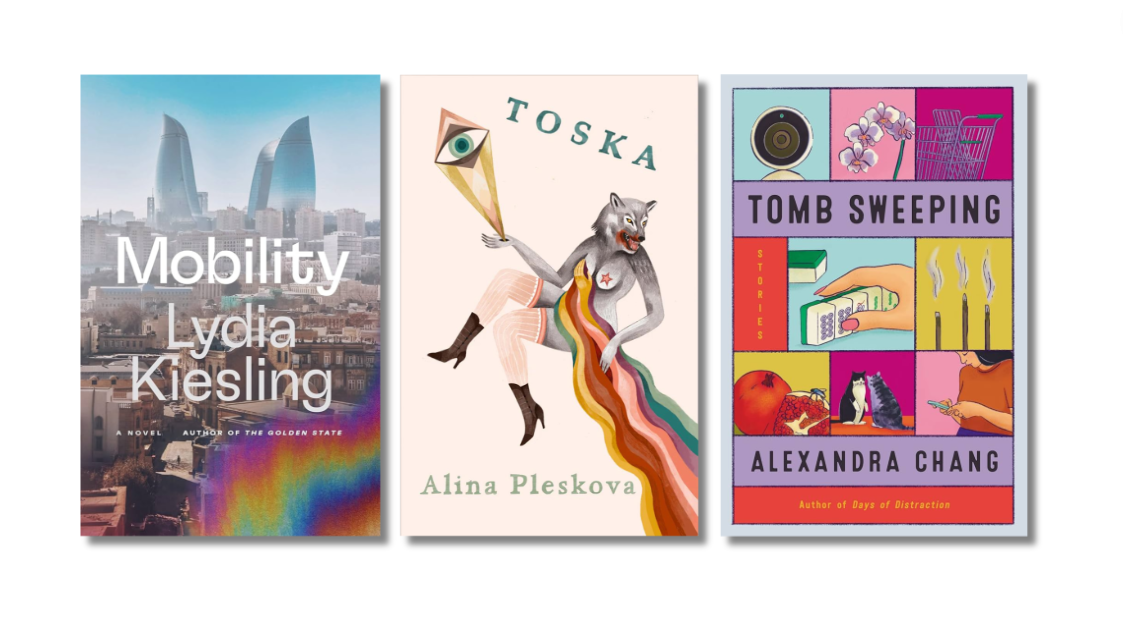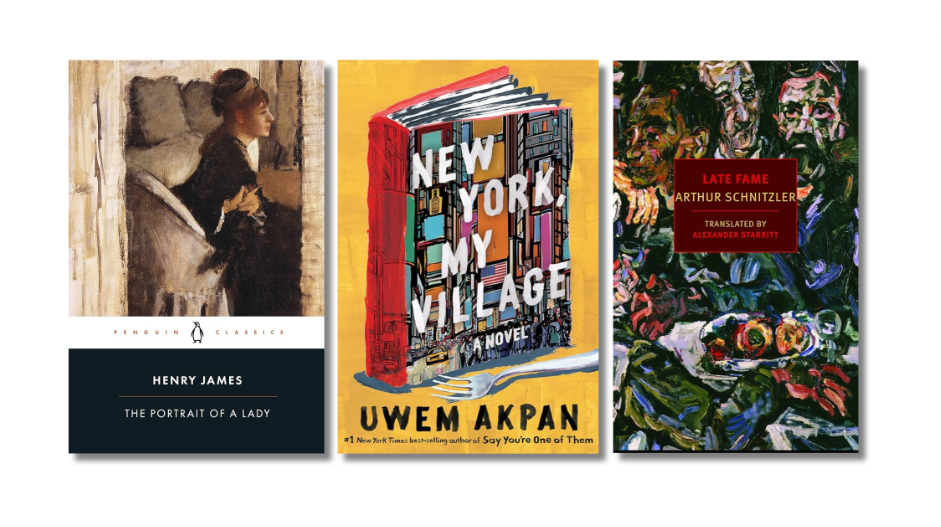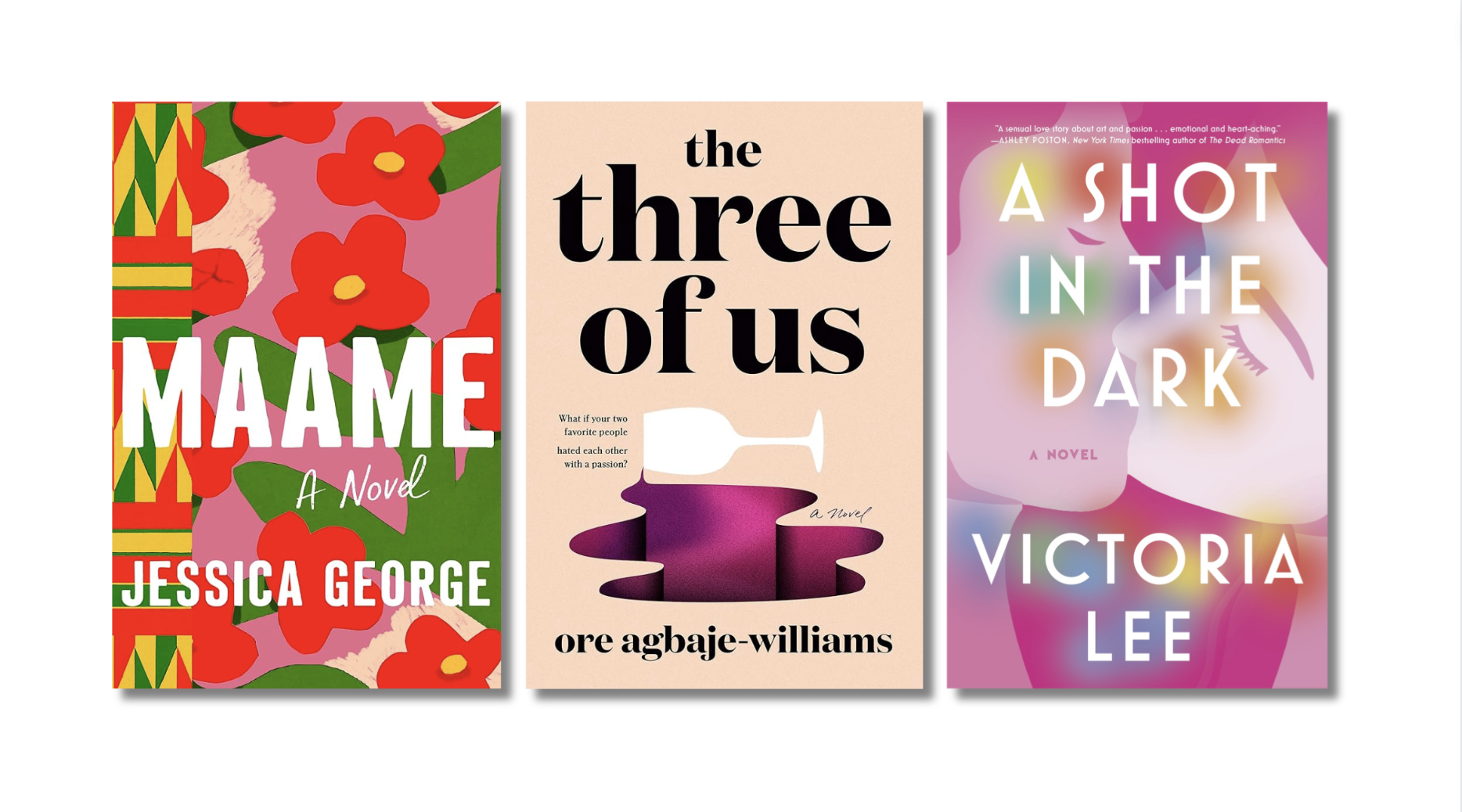


 My first novel came out this year and it was hard to focus on reading in the months before and after. At the beginning of the year, I planned to read all of Percival Everett’s novels. I failed pretty spectacularly but I did get to So Much Blue and Wounded. (I’ve already read Erasure and The Trees—thanks!) In a creative landscape where writers of color are being mined for a particular kind of racial experience ore, each encounter with Everett’s work feels like a wise uncle encouraging you to stay weird. Like, you can just write about black cowboys or whatever.
My first novel came out this year and it was hard to focus on reading in the months before and after. At the beginning of the year, I planned to read all of Percival Everett’s novels. I failed pretty spectacularly but I did get to So Much Blue and Wounded. (I’ve already read Erasure and The Trees—thanks!) In a creative landscape where writers of color are being mined for a particular kind of racial experience ore, each encounter with Everett’s work feels like a wise uncle encouraging you to stay weird. Like, you can just write about black cowboys or whatever.


 Throughout March I read a lot of post-trauma fiction for a Lit Hub piece. New favorites include Baise-Moi by Virginie Despentes and Since I Laid My Burden Down by Brontez Purnell. If I were to write that essay today I’d add Caren Beilin’s The Revenge of the Scapegoat to the list. It’s both a surreal cannabis novel and a family estrangement novel that is always aligned with the scapegoat. You’re either with us or against us! Caren is absolutely with.
Throughout March I read a lot of post-trauma fiction for a Lit Hub piece. New favorites include Baise-Moi by Virginie Despentes and Since I Laid My Burden Down by Brontez Purnell. If I were to write that essay today I’d add Caren Beilin’s The Revenge of the Scapegoat to the list. It’s both a surreal cannabis novel and a family estrangement novel that is always aligned with the scapegoat. You’re either with us or against us! Caren is absolutely with.
In April, much of my energy went to performing the role of author in the public sphere and then analyzing my own performances against an internal ideal. I have high standards for performance because I feel that if someone leaves their house to see me (or opens their computer to stream me) I have an obligation to make it worth it for them. Also I go to shows a lot and am annoyed when musicians lack charisma, or when they don’t change the arrangements of their songs live. If I just wanted to hear an album note for note, I would simply put my headphones on…


 Anyway, all of that performing and self-scrutinizing is exhausting, so I didn’t read much. But after rediscovering an episode of Night Gallery I was obsessed with in childhood (“The House”) and learning it was based on a short story, I decided to work my way through the Best American Science Fiction and Fantasy anthologies. In the 2017 volume I read a story by Alexander Weinstein called “Openness” that was so moving it got me back into reading again. It sounds dumb, but I hadn’t realized character-driven speculative fiction about intimacy and relationships was a thing that existed. I quickly consumed both of Weinstein’s very wise and vulnerable collections, Universal Love and Children of the New World.
Anyway, all of that performing and self-scrutinizing is exhausting, so I didn’t read much. But after rediscovering an episode of Night Gallery I was obsessed with in childhood (“The House”) and learning it was based on a short story, I decided to work my way through the Best American Science Fiction and Fantasy anthologies. In the 2017 volume I read a story by Alexander Weinstein called “Openness” that was so moving it got me back into reading again. It sounds dumb, but I hadn’t realized character-driven speculative fiction about intimacy and relationships was a thing that existed. I quickly consumed both of Weinstein’s very wise and vulnerable collections, Universal Love and Children of the New World.


 In May I went to Mexico City and took Disorientation by Elaine Hsieh Chou with me. I found it to be hilarious and provocative and revelatory. One day, at the completely stunning bookstore Cafebrería El Péndulo, I had coffee while sitting across from a cardboard cutout of Sylvia Plath, which prompted me to get Heather Clark’s biography of Plath, Red Comet. Plath’s work lives inside me, next to the hundreds of songs my mind cycles through like a jukebox. This is the first account of Plath’s life I’ve read that aims to see her clearly without aggrandizing or pathologizing her. Among other achievements, Clark emphasizes Plath’s staggering intellect, criticizes the patriarchal mental health system she got caught up in, and correctly reads The Bell Jar as a protest novel.
In May I went to Mexico City and took Disorientation by Elaine Hsieh Chou with me. I found it to be hilarious and provocative and revelatory. One day, at the completely stunning bookstore Cafebrería El Péndulo, I had coffee while sitting across from a cardboard cutout of Sylvia Plath, which prompted me to get Heather Clark’s biography of Plath, Red Comet. Plath’s work lives inside me, next to the hundreds of songs my mind cycles through like a jukebox. This is the first account of Plath’s life I’ve read that aims to see her clearly without aggrandizing or pathologizing her. Among other achievements, Clark emphasizes Plath’s staggering intellect, criticizes the patriarchal mental health system she got caught up in, and correctly reads The Bell Jar as a protest novel.
 I reached a creative crossroads in the middle of the year. The manuscript I had been working on was driving me up the wall. This country, too. I entered an angry period and wanted to consume angry works of art. Revulsion by Horacio Castellanos Moya fit the bill. Spending time with a character that hates his home country was super helpful. Sometimes revulsion is the most political emotion that you can have!
I reached a creative crossroads in the middle of the year. The manuscript I had been working on was driving me up the wall. This country, too. I entered an angry period and wanted to consume angry works of art. Revulsion by Horacio Castellanos Moya fit the bill. Spending time with a character that hates his home country was super helpful. Sometimes revulsion is the most political emotion that you can have!

 In June I abandoned the manuscript. I was still angry about many things, but I was starting to find humor in my predicament. I began researching comic novels by women. Vicki Hendricks’s name came up a few times, so I read Miami Purity and Iguana Love, a pair of novels that belong to a genre I’m affectionately calling nympho noir. It’s crime fiction so things inevitably go off the rails plot-wise, but who cares? How refreshing to read about hot-to-trot women objectifying, lusting after, and ruining their lives for shady men in Florida.
In June I abandoned the manuscript. I was still angry about many things, but I was starting to find humor in my predicament. I began researching comic novels by women. Vicki Hendricks’s name came up a few times, so I read Miami Purity and Iguana Love, a pair of novels that belong to a genre I’m affectionately calling nympho noir. It’s crime fiction so things inevitably go off the rails plot-wise, but who cares? How refreshing to read about hot-to-trot women objectifying, lusting after, and ruining their lives for shady men in Florida.
 Post-punk is one of my favorite music genres and I have long believed that it is the best music to play at parties and in bars, so it was fun to read Simon Reynolds’s Rip It Up And Start Again: Postpunk 1978-1984, a blend of history and criticism that’s organized geographically. It has a masculinist bent that I distrust (in music journalism and in people), but it’s filled with fun trivia you can pull out at parties and bars where post-punk is playing.
Post-punk is one of my favorite music genres and I have long believed that it is the best music to play at parties and in bars, so it was fun to read Simon Reynolds’s Rip It Up And Start Again: Postpunk 1978-1984, a blend of history and criticism that’s organized geographically. It has a masculinist bent that I distrust (in music journalism and in people), but it’s filled with fun trivia you can pull out at parties and bars where post-punk is playing.

 I read Brad Listi’s latest novel, Be Brief and Tell Them Everything, ahead of appearing on his Otherppl podcast (a career milestone). It’s a beautiful and wise book about grief and creativity, shot through with Brad’s self-deprecating humor. I also loved Alejandro Varela’s The Town of Babylon, a public health novel deeply concerned with how social forces shape individual lives. Alejandro’s book has so many pages of perfect prose, with a tone that effortlessly veers from erudite to cheeky and back, and a compassionate main character I enjoyed getting to know.
I read Brad Listi’s latest novel, Be Brief and Tell Them Everything, ahead of appearing on his Otherppl podcast (a career milestone). It’s a beautiful and wise book about grief and creativity, shot through with Brad’s self-deprecating humor. I also loved Alejandro Varela’s The Town of Babylon, a public health novel deeply concerned with how social forces shape individual lives. Alejandro’s book has so many pages of perfect prose, with a tone that effortlessly veers from erudite to cheeky and back, and a compassionate main character I enjoyed getting to know.

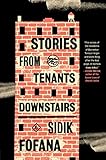

 I went to the beach a lot this summer. While there I read the very funny and smart workplace page-turner NSFW by Isabel Kaplan; the brilliantly constructed modern classic Stories from the Tenants Downstairs by Sidik Fofana; Emi Nietfeld’s clear-eyed memoir Acceptance, which questions the ethics of resilience narratives; and Nevada by Imogen Binnie, a propulsive two-character study with a really clever structure.
I went to the beach a lot this summer. While there I read the very funny and smart workplace page-turner NSFW by Isabel Kaplan; the brilliantly constructed modern classic Stories from the Tenants Downstairs by Sidik Fofana; Emi Nietfeld’s clear-eyed memoir Acceptance, which questions the ethics of resilience narratives; and Nevada by Imogen Binnie, a propulsive two-character study with a really clever structure.
 One of my favorite books this year was If An Egyptian Cannot Speak English by Noor Naga. It’s a formally interesting, wise and lush (in a good way!) novel about a doomed romance between an Egyptian American woman and a small-town Egyptian guy. I particularly appreciated the book’s arch approach to identity; the way it actively refuses what Som-Mai Nguyen brilliantly calls “blunt force ethnic credibility.”
One of my favorite books this year was If An Egyptian Cannot Speak English by Noor Naga. It’s a formally interesting, wise and lush (in a good way!) novel about a doomed romance between an Egyptian American woman and a small-town Egyptian guy. I particularly appreciated the book’s arch approach to identity; the way it actively refuses what Som-Mai Nguyen brilliantly calls “blunt force ethnic credibility.”
 Now for some nonfiction. I finally got around to reading The Atrocity Paradigm by Claudia Card this year. This is a feminist account of atrocity in which Card argues that feminists should prioritize eliminating evils such as battering and child abuse instead of injustices like the glass ceiling. Not many philosophers take violence against women and children seriously as a political and moral issue. Not many progressives do either. Grateful for this book.
Now for some nonfiction. I finally got around to reading The Atrocity Paradigm by Claudia Card this year. This is a feminist account of atrocity in which Card argues that feminists should prioritize eliminating evils such as battering and child abuse instead of injustices like the glass ceiling. Not many philosophers take violence against women and children seriously as a political and moral issue. Not many progressives do either. Grateful for this book.
 I found Cistem Failure by Marquis Bey really exciting. In it, Bey wonders whether and how blackness is at odds with cisgender identity. I love when a book articulates things I haven’t been able to put into words. It is as if something that had been squirming inside me settles.
I found Cistem Failure by Marquis Bey really exciting. In it, Bey wonders whether and how blackness is at odds with cisgender identity. I love when a book articulates things I haven’t been able to put into words. It is as if something that had been squirming inside me settles.
 How to Read Now by Elaine Castillo is a master class in how…to read now. This book is an argument for reading widely, reading critically, and killing your idols (with playfulness, wit, and swag, of course).
How to Read Now by Elaine Castillo is a master class in how…to read now. This book is an argument for reading widely, reading critically, and killing your idols (with playfulness, wit, and swag, of course).
 On Halloween I started reading String Follow by Simon Jacobs, a literary horror novel where the horror is mostly interpersonal and psychological. It’s narrated by a mysterious force trying to insinuate itself into the lives of suburban teenagers for unknown reasons. This book is so tonally distinct and interpersonally astute (it’s giving spooky gossip) that it made me feel simultaneously grandiose (“I can do anything I want in a book!”) and humbled (“I have not done what he has, couldn’t do it in fact, yet I am at peace with this. Smiling angel emoji.”). Highly recommended.
On Halloween I started reading String Follow by Simon Jacobs, a literary horror novel where the horror is mostly interpersonal and psychological. It’s narrated by a mysterious force trying to insinuate itself into the lives of suburban teenagers for unknown reasons. This book is so tonally distinct and interpersonally astute (it’s giving spooky gossip) that it made me feel simultaneously grandiose (“I can do anything I want in a book!”) and humbled (“I have not done what he has, couldn’t do it in fact, yet I am at peace with this. Smiling angel emoji.”). Highly recommended.
 We lost Bernadette Mayer in November, and I spent the day after she died with her masterpiece of domestic life and friendship, Midwinter Day. I had forgotten how funny it is.
We lost Bernadette Mayer in November, and I spent the day after she died with her masterpiece of domestic life and friendship, Midwinter Day. I had forgotten how funny it is.


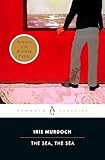 I am ending the year as I started it: trying to read through a writer’s entire body of work. This winter it’s Iris Murdoch. I’ve just finished her London picaresque Under the Net and am halfway into The Black Prince. I know, I know, The Sea, The Sea. I’ll get there! Unless I fail again.
I am ending the year as I started it: trying to read through a writer’s entire body of work. This winter it’s Iris Murdoch. I’ve just finished her London picaresque Under the Net and am halfway into The Black Prince. I know, I know, The Sea, The Sea. I’ll get there! Unless I fail again.
More from A Year in Reading 2022
A Year in Reading Archives: 2021, 2020, 2019, 2018, 2017, 2016, 2015, 2014, 2013, 2012, 2011, 2010, 2009, 2008, 2007, 2006, 2005
